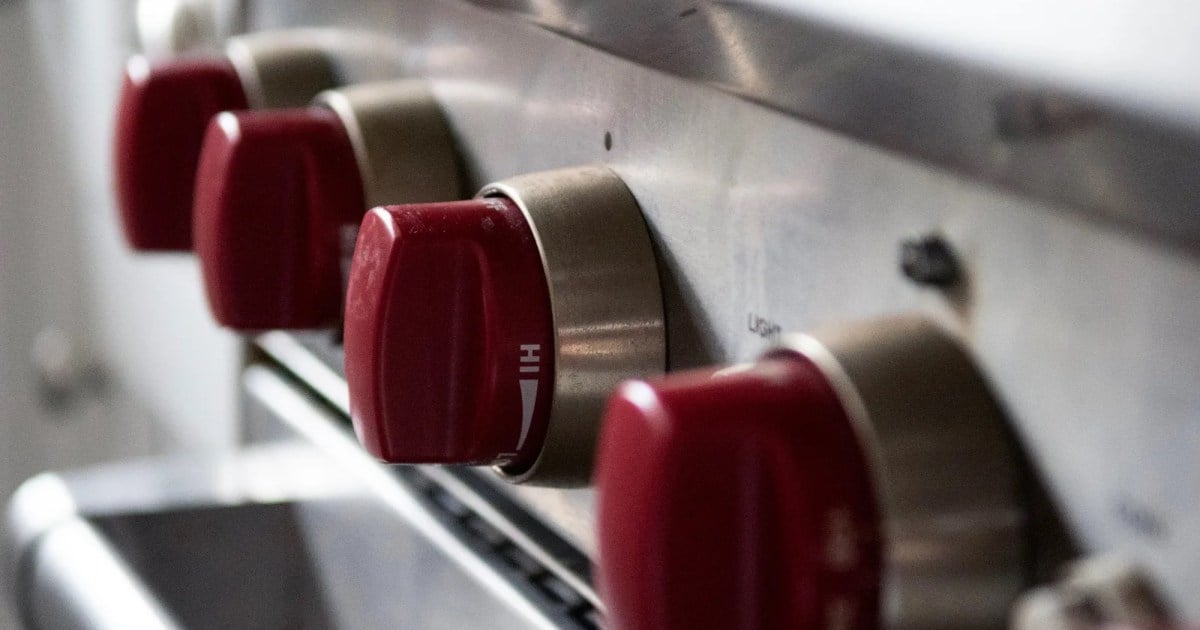239
Highlights: A study this summer found that using a single gas stove burner on
high can raise levels of cancer-causing benzene above what’s been observed from
secondhand smoke. A new investigation by NPR and the Climate Investigations
Center found that the gas industry tried to downplay the health risks of gas
stoves for decades, turning to many of the same public-relations tactics the
tobacco industry used to cover up the risks of smoking. Gas utilities even hired
some of the same PR firms and scientists that Big Tobacco did. Earlier this
year, an investigation from DeSmog showed that the industry understood the
hazards of gas appliances as far back as the 1970s and concealed what they knew
from the public. It’s a strategy that goes back as far back as 1972, according
to the most recent investigation. That year, the gas industry got advice from
Richard Darrow, who helped manufacture controversy around the health effects of
smoking as the lead for tobacco accounts at the public relations firm Hill +
Knowlton. At an American Gas Association conference, Darrow told utilities they
needed to respond to claims that gas appliances were polluting homes and shape
the narrative around the issue before critics got the chance. Scientists were
starting to discover that exposure to nitrogen dioxide—a pollutant emitted by
gas stoves—was linked to respiratory illnesses. So Darrow advised utilities to
“mount the massive, consistent, long-range public relations programs necessary
to cope with the problems.” These studies didn’t just confuse the public, but
also the federal government. When the Environmental Protection Agency assessed
the health effects of nitrogen dioxide pollution in 1982, its review included
five studies finding no evidence of problems—four of which were funded by the
gas industry, the Climate Investigations Center recently uncovered. Karen
Harbert, the American Gas Association’s CEO, acknowledged that the gas industry
has “collaborated” with researchers to “inform and educate regulators about the
safety of gas cooking appliances.” Harbert claimed that the available science
“does not provide sufficient or consistent evidence demonstrating chronic health
hazards from natural gas ranges”—a line that should sound familiar by now.
omg, is this for real? weird how recent conspiracy rumbling about gvmnt taking away gas stoves may have been covering for a real conspiracy. First I’ve read about benzene in stove fumes. Like cooking w/gas



This conversation reminds me of my grandfather. I wonder what he would think of this subject and the addition of induction for cooking.
Cooking on wood was his choice no matter the house modern or rustic, he would install a wood cookstove. He grew up logging and working in remote logging camps. There was no gas or electricity to choose from then.
He use to cook up great breakfasts every day. He hated electric stoves as he said they would only heat up the middle of his large frying pans. There was one that exploded on him. The pans were quite large, dwarfing the large element on a electric stove.
Thinking back it would be odd seeing a woodstove next to a unused electric stove. Anyways Swedish Crepes were his thing. The woodstove was a even heat for him he said. The best heat you could ever get in his mind. My grandmother use to also bake in this stove. He was good at controlling the heat for her.
When they retired to his cabin he built, his wood cookstove also had a water jacket for hot water tank. (there was no power grid). That stove was running from 430am to 6or 7pm at night every day. Then there was the regular woodstove to heat the main area of the cabin. It was only in his last years that he had to accept a propane cookstove in the kitchen for his new wife to cook on in the summer as the days were getting pretty hot to run a woodstove. She also wanted hot water at all times so a propane hot water tank came in the deal. He use to cook a little on the propane stove but wood was always his first choice.